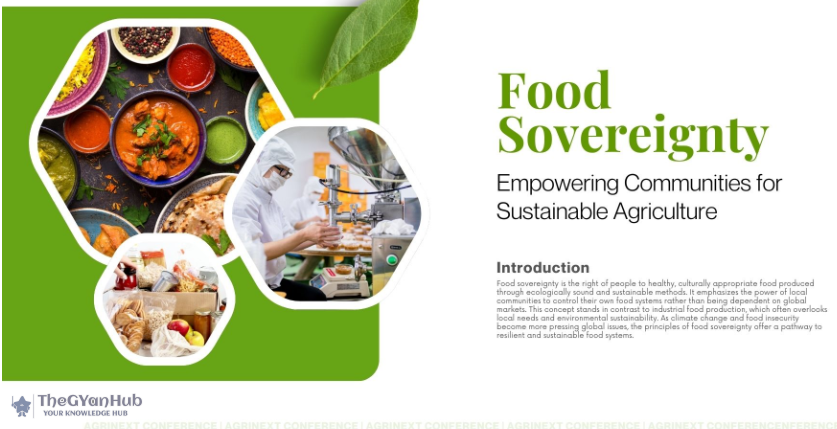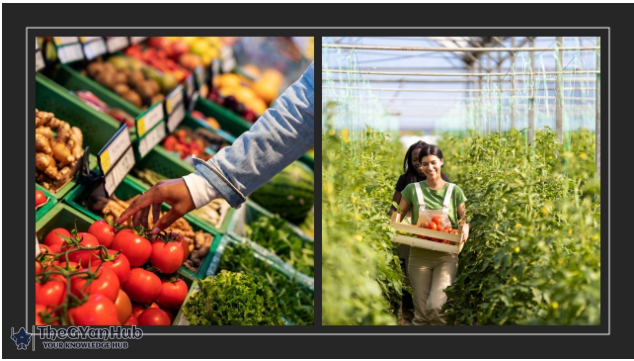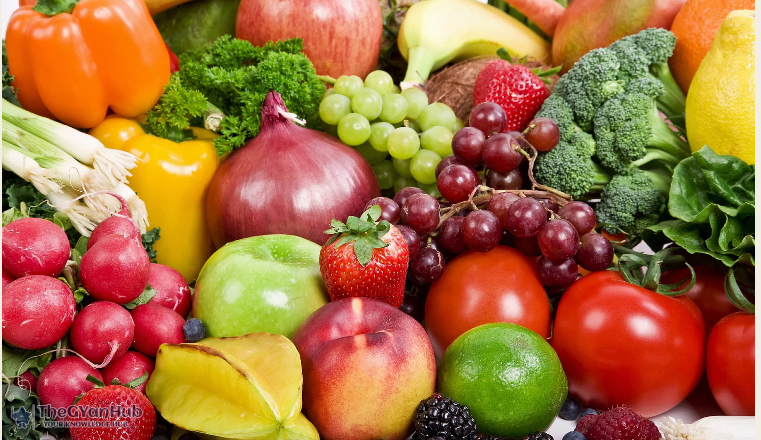I’m a passionate writer who loves exploring ideas, sharing stories, and connecting with readers through meaningful content.I’m dedicated to sharing insights and stories that make readers think, feel, and discover something new.
Understanding Food Sovereignty
Food sovereignty refers to the right of people to healthy and culturally appropriate food produced through ecologically sound and sustainable methods. It emphasizes the importance of local food systems and the empowerment of local farmers. This concept is gaining traction as nations seek to reduce dependency on global food markets and enhance their food security.
The Role of Technology in Food Sovereignty
Technology plays a pivotal role in advancing food sovereignty. Innovations in agricultural technology, such as precision farming, genetically modified crops, and blockchain for supply chain transparency, can significantly enhance productivity and sustainability. These technologies enable farmers to optimize resource use, reduce waste, and improve crop yields.

Moreover, digital platforms can connect farmers with markets, providing them with better pricing and reducing the influence of intermediaries. This direct connection not only benefits farmers financially but also ensures consumers have access to fresh and affordable produce.
India's Position on Food Sovereignty
India, with its vast agricultural landscape, is uniquely positioned to leverage technology for food sovereignty. The Indian government has initiated several programs to integrate technology into agriculture, such as the Pradhan Mantri Fasal Bima Yojana and the use of drones for crop monitoring. However, challenges remain, including the digital divide and the need for infrastructure development.

Despite these challenges, India's commitment to enhancing food sovereignty through technology is evident. The country's focus on sustainable agricultural practices and investment in agri-tech startups is paving the way for a more self-reliant food system.
Challenges and Opportunities
While technology offers numerous benefits, it also presents challenges. The cost of technology adoption can be prohibitive for small-scale farmers. Additionally, there is a need for policies that support equitable access to technology and protect the rights of farmers.
Access to affordable technology
Infrastructure development
Policy support and farmer education
Opportunities abound in the form of public-private partnerships, government initiatives, and international collaborations. By addressing these challenges, nations can move closer to achieving true food sovereignty.
Conclusion
Food sovereignty is an essential component of national security and sustainability. As technology continues to evolve, it offers promising solutions to enhance food systems worldwide. India's journey towards food sovereignty, supported by technological advancements, serves as a model for other nations.
Further Reading
Related articles in this category

World News
El Mencho Killed: The Fall of Mexico's Most Powerful Drug Cartel
February 23, 2026
The recent killing of Nemesio Rubén Oseguera Cervantes, known as 'El Mencho', has led to significant upheaval in Mexico as the Jalisco New Generation Cartel faces a power vacuum. This article explores the implications of his death on the drug trade and national security.

World News
Sam Altman vs. Sridhar Vembu: A Clash on AI and Human Energy Consumption
February 22, 2026
In a recent discussion, Sam Altman compared the energy consumption of AI systems to that of humans, prompting a strong rebuttal from Sridhar Vembu. This article explores their contrasting views on energy efficiency and sustainability.

World News
Trump's Loss, India's Gain? How Tariff Order Could Affect Trade Talks
February 20, 2026
The US Supreme Court's decision to strike down Trump's Global Tariffs Policy may have significant implications for India, potentially reshaping trade dynamics. As New Delhi navigates this change, the global trade landscape could see a shift in power.
food sovereigntytechnology in agricultureIndia agriculturesustainable farmingfood security






